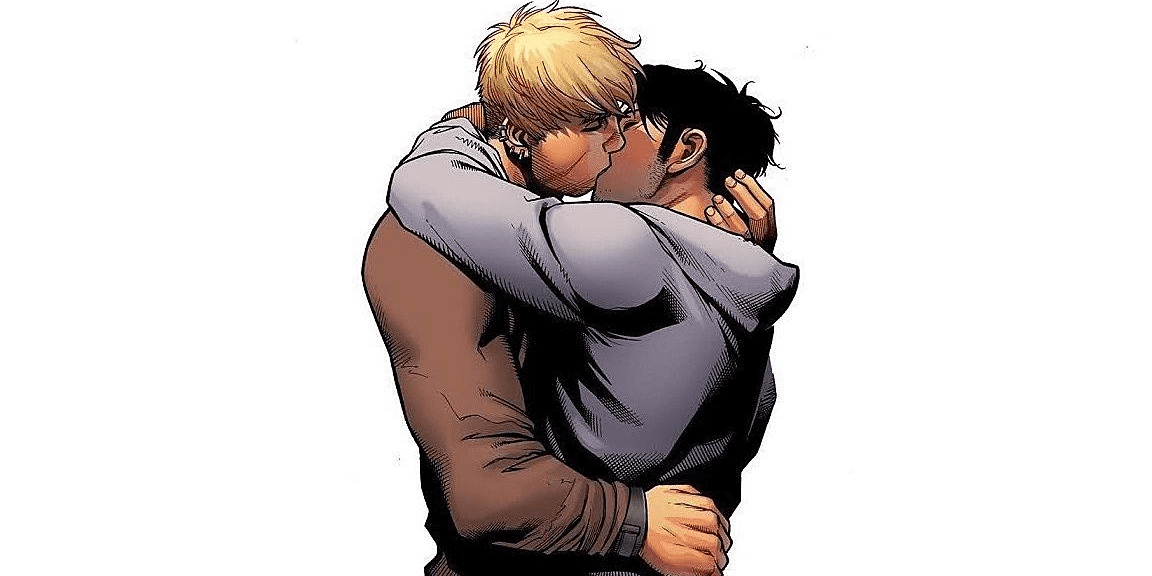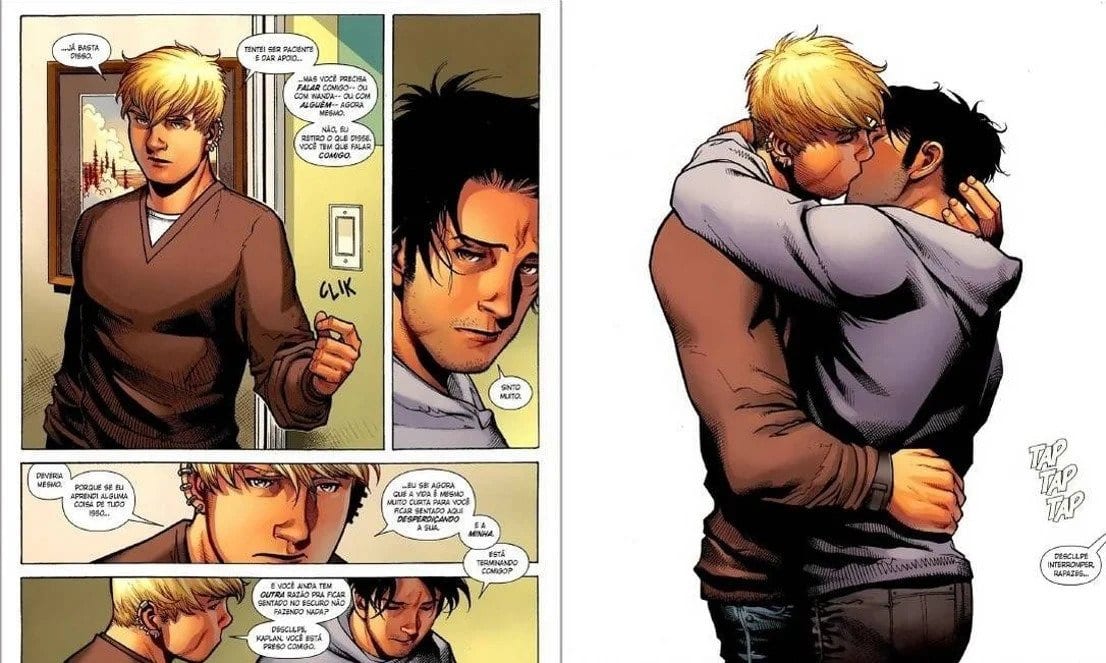
Rio de Janeiro’s mayor is not happy that a comic book from 2016 is circulating in his city.
On Wednesday, September 4, mayor Marcello Crivella announced his shock at the inclusion of Avengers: The Children’s Crusade in the Riocentro Bienal do Livro, according to CBR.com. This event is an important annual literary event in the country of Brazil.
But according to a video Crivella posted on Twitter, found below, the 264-paged volume of the Young Avengers comic line is unsuitable for minors perusing books due to it containing sexual content. As such, Crivella called for the banning and removal of all copies of the Young Avengers comic. Specifically, the mayor, through the Secretary of Municipal Public Order (SEUP), ordered the organizers to immediately remove every volume of the Avengers: The Children’s Crusade or risk arrest and loss of their license.
Pessoal, precisamos proteger as nossas crianças. Por isso, determinamos que os organizadores da Bienal recolhessem os livros com conteúdos impróprios para menores. Não é correto que elas tenham acesso precoce a assuntos que não estão de acordo com suas idades. pic.twitter.com/sFw82bqmOx
— Marcelo Crivella (@MCrivella) September 5, 2019
Avengers: The Children’s Crusade was made by Allan Heinberg and Jim Cheung. The story is a compilation of the entire Young Avengers comic book storyline between the years of 2010 and 2012. This includes the slow buildup of the Wiccan and Hulkling relationship, one of the most iconic gay relationships in comic books. The volume version of these comic issues debuted in Brazil 2016, yet Crivella only now has a problem with them.

Related: Is Marvel’s Phase 4 Secretly Introducing Us To An Iconic Gay Couple?
In reaction to his censorship request, the organizers of the Bienal event chose to reject it. They state that the order went against their values. They also expressed their absolute support of LGBTQ people, their right to exist, and their right to have their voice heard, “as it should be in any democracy.”
In addition, O GLOBO reports that the volume in question sold out quickly after Crivella sent the order. After all, “everything that’s forbidden sells really well.” Of course, that didn’t stop Rio’s City Hall from dispatching municipal guards to remove the books themselves.
Then later, Rio de Janeiro’s councilman Alexandre Isquierdo publicly condemned Marvel’s “coward attempt to propagate homosexuality amongst our children,” but he then stated that his words weren’t coming from a homophobic place.
In order to justify this blatant attempt at censorship, Marcello Crivella stated that the Young Avengers volume broke articles 78 and 79 of the Children and Teenagers Statues. Article 78 states that any publication with content unsuitable for children or teenagers should be sold sealed and marked with a warning, and covers with pornographic or obscene images should be hidden with opaque paper. Meanwhile, Article 79 says that any publication targeting minors should not contain illustrations, photos, graphics, articles or advertisements of alcoholic drinks, tobacco, weapons, and munitions, and they should respect the ethical and social values of the individual and the family.

That said, the vying for these earlier statues against the comic book contradicts Brazil’s 1988 Constitution, which states media censorship is not allowed. Plus, it was clear to everyone that there was a homophobic pull to Crivella’s actions. After all, the characters don’t engage in sex. They merely kiss. And there were several other comics being sold at the event with more graphic scenes of intimacy and passion between superheroes. Only, those were straight ones.
Keep in mind that homosexuality and gay sex are legal in Brazil. In fact, Brazil also has gay marriage. That said, Brazil is also known for its cultural homophobia. Brazil is the deadliest place for LGBTQ people to live, as it has the highest recorded hate crime rate against LGBTQ people in the world. And the country’s president has continuously expressed anti-gay sentiments since before winning the Presidential election. As such, this shameless homophobic display is nothing new for Brazil. Only, a surprise in its brazenness.
